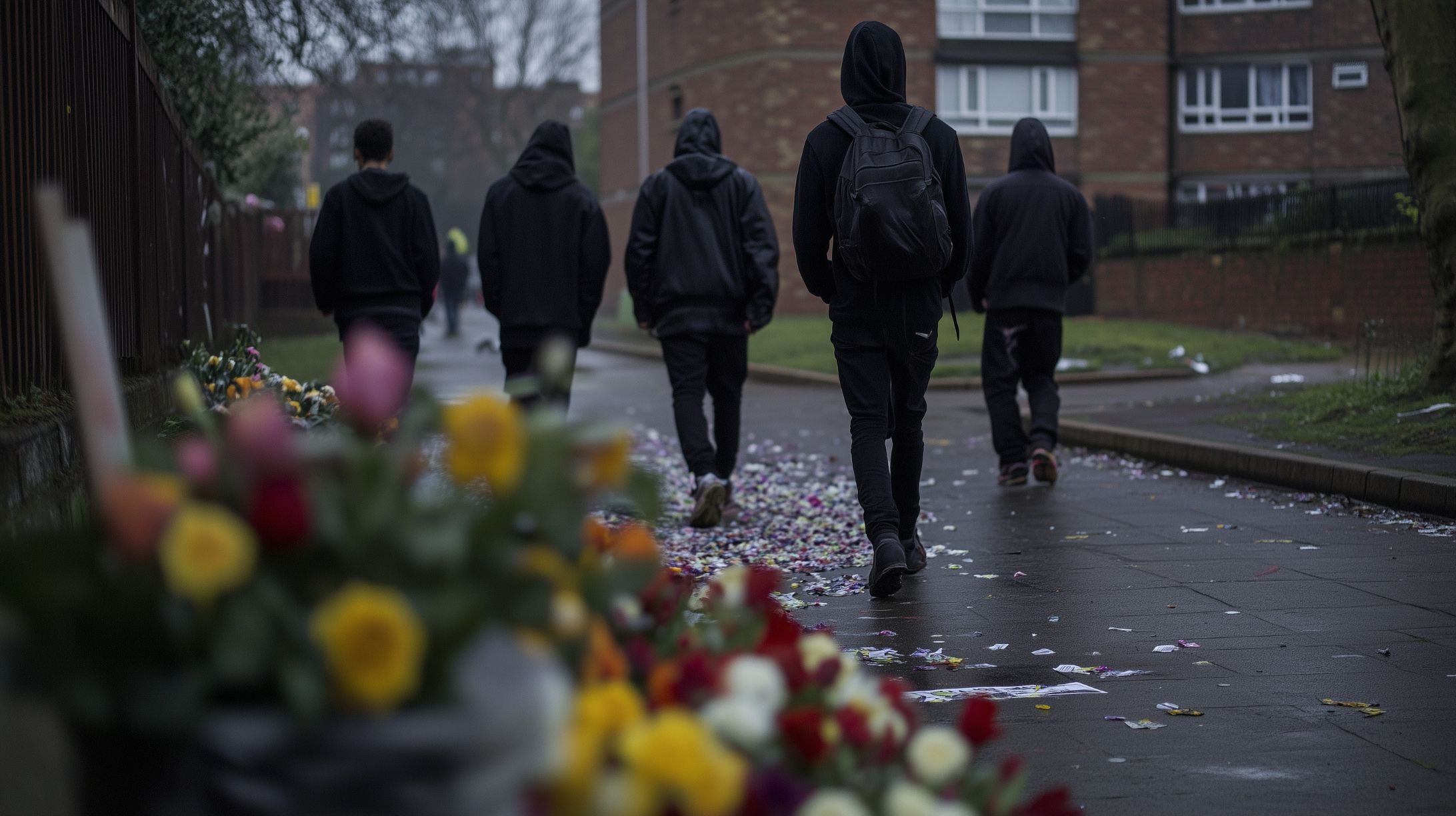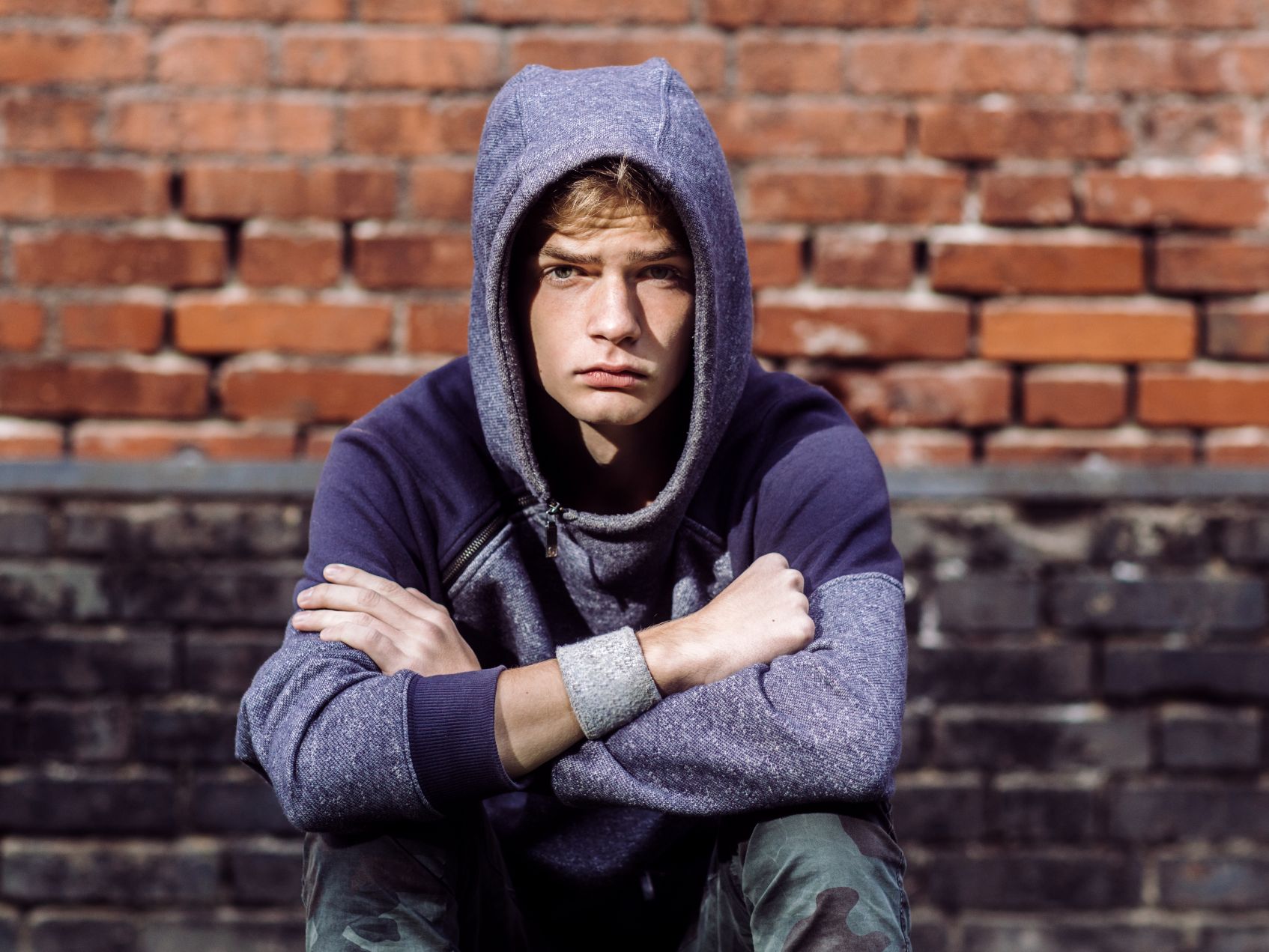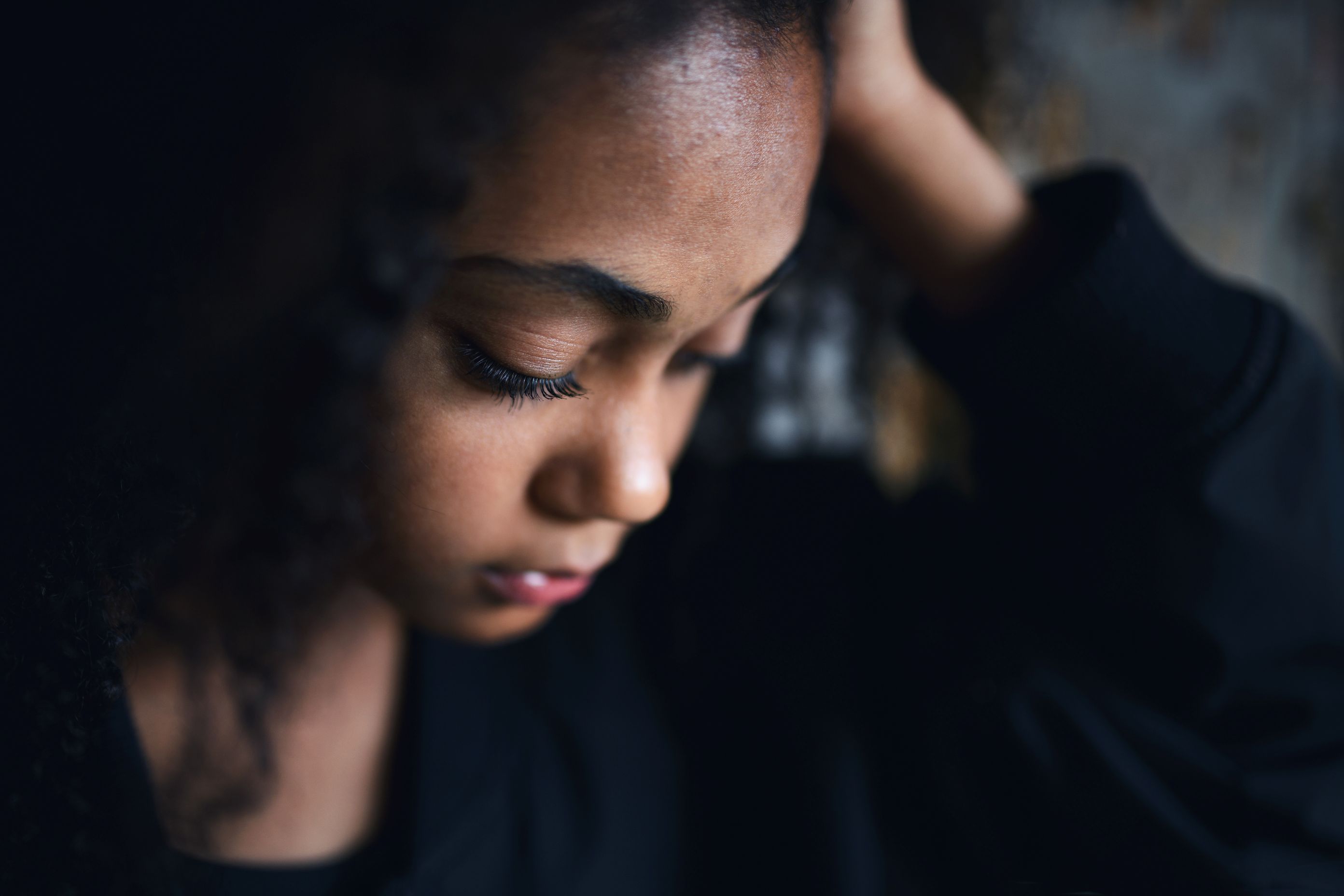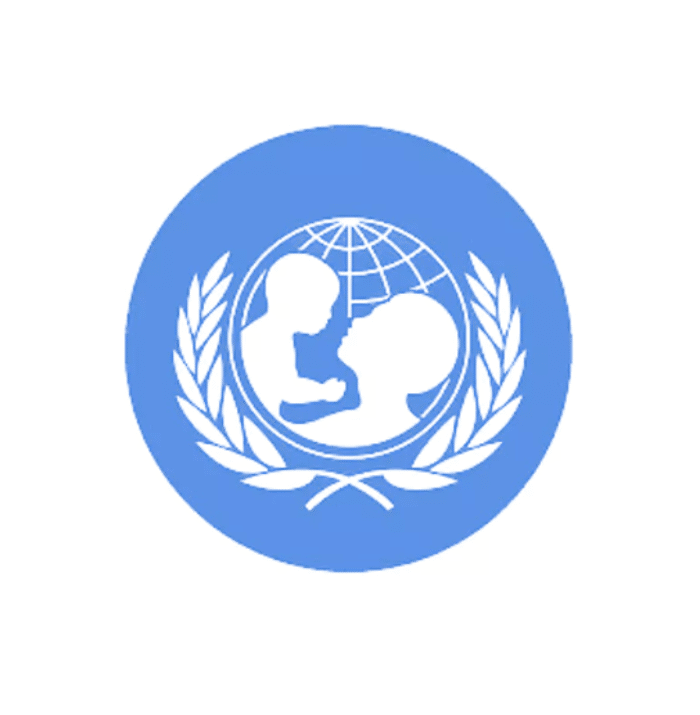What you carry we all carry
Are you an adult who supports young people?
Click HERE to get information made just for you

Most young people in Scotland don’t carry knives.
But for those who do, it’s rarely about wanting to hurt someone.
They might feel:
- Unsafe
- Under pressure
- Like every else around them does, so they should too.
The reality
Carrying can feel like control, like you’re ready if something happens.
But it’s the opposite - the knife controls you.
In that split second, you could use it, even if you never meant to, and one moment can change everything.
Carrying doesn’t just affect you - it affects everyone you care about
We worked with young people who’ve been in trouble with the law, and with a mum whose son was killed, to share what carrying a weapon really does to everyone close to you.
- Carrying puts you in danger.
- Someone could turn it on you.
- You could hurt someone, even if you didn’t mean to.
- You could get caught - and that can change your future.
“You don’t want to get locked up… it’s sh*te. You miss simple things like being with family and going places.”
- Young person with justice experience
- What happens to you happens to them.
- They worry every day.
- They get judged.
- Sometimes they even end up in danger too.
“It’s not just your life - it’s your family you’re affecting. They worry about what’s going to happen to you.
“It’s not just your sentence, it’s theirs too.”
- Young people with justice experience
- One moment can change everything.
- Injuries. Grief. A life lost.
- For their family, it never goes away.
“It was like someone threw a big grenade into our lives… and life has never been the same again - and it never will.”
- A mum whose son was murdered
- When people start carrying, nobody feels safe - not even the ones who carry.
- Younger kids see it and think it’s normal.
- Bit by bit, trust disappears.
Need help or support?
 If you’re worried about someone carrying or thinking about it yourself:
If you’re worried about someone carrying or thinking about it yourself:
None of us plan to make choices that hurt people we care about but in a split second, your brain can take over and push you to react fast.
How your brain works
Your brain keeps developing until you’re in your mid-20s.
The part that helps you plan, stay calm and make good choices is still learning how to lead.
That’s why sometimes you act fast, say something you don’t mean or take risks that don’t make sense later.
When things kick off, your emotional brain can jump in too quickly - it’s trying to protect you, but it doesn’t always get it right.
Here’s how it works:
When pressure hits, it reacts fast.
A look. A shove. A word. An argument online.
Bang - your body’s ready to fight, run or freeze before you even think.
That happens to everyone, it’s how our brains are built.
And if you’ve lived through fear or danger before, your brain can stay on high alert.
It learns to spot threat everywhere and jump right into extreme decisions and reactions before thinking through how else you can deal with it.
If you carry a weapon, that fast reaction, or that urge to go along with others, can turn deadly - for you or someone else.
One second of panic can change everything.
Pause.
Breathe.
Before picking up a weapon – ask yourself:
What could happen next? I could use it. I could end up serving a sentence in secure or Polmont away from my family and friends. I could lose my freedom. I could have to live with killing someone for the rest of my life.
Who might be affected? You, your family, your friends, other people. Everyone.
And tell yourself that no good can come from it.
Get some help from an adult you trust and don’t leave the house with it.
That’s control. That’s real strength.
Feeling unsafe vs. what’s really happening
No young person should ever feel unsafe, but many do. A survey by Young Scot found that around 2 in 3 young people in Scotland have felt unsafe at some point - on public transport, in their community, or at school.
We see fights and threats on social media all the time and it can seem like violence is everywhere.
What we see online isn’t the full story, though. In Scotland:
- Hospital visits for children after assaults with sharp objects has reduced by 44% (almost halved) in 15 years.
- The number of homicide victims aged 13 to 19 has fallen by 63% in 20 years.
- The vast majority of young people and adults don't carry weapons.
When it feels like violence is everywhere
You see fights online.
People share them.
It starts to feel normal.
But most people aren’t fighting. Most people don’t carry weapons - social media just makes it look that way.
Seeing this sort of content all the time isn’t good for you. It can make you more worried and it can even make you tempted to carry a weapon.
Don’t share violent videos.
- Report them to the app.
- Tap “not interested” or “hide.”
- Follow pages that make you feel good – sports, music, streamers.
Every time you do this, you help stop violent content spreading and take back control of your feed.
Arguments online can grow quickly.
Someone posts. Someone replies.
Friends join in.
Soon, everyone’s watching.
It can feel like you have to say something back - but that just gives people a free show.
Stay in control:
- Pause before you post.
- Don’t reply or share - it only spreads faster.
- Keep screenshots if things get serious.
- Talk it out calmly or get help from someone you trust.
You don’t lose respect by walking away.
Real strength is keeping control, not getting dragged in.
Know someone who carries?

Don’t wait until they’ve done something that will change their whole life – you need to speak up.
You can tell our charity who carries a weapon 100% anonymously.
That means - no names, no IP, phone number or address traced. No way to trace it back to you.
Speaking up isn’t grassing, it’s keeping people safe.
Got worries
When things feel unsafe or hard to handle - at home, at school or where you hang out - you don’t have to deal with it alone.
Here’s where you can get real help in Scotland:
Things aren’t safe at home
Arguments. Violence. Feeling scared.
You can contact Childline any time - free and confidential.
They’ll listen, believe you, and help you work out what to do next.
Call 0800 1111
In an emergency, always call 999.
If you know someone carrying or committing a crime you can tell us 100% anonymously - no names, no IP address or phone number tracked, nobody will ever know the information came from you.
What you share could stop someone getting hurt - online reporting form
In an emergency, always call 999.
If you’ve been hurt, threatened or feel scared - it’s not your fault.
You deserve help and support.
Contact:
- Victim Support Scotland - 0800 160 1985
8am - 8pm Mon-Fri and 10am - 4pm weekends - Childline 0800 1111
Open 24/7
You’re not alone - there are people who’ll listen, believe you, and help you feel safe again.
In an emergency, always call 999.
RespectMe can help you understand your rights and get support.
If going to school makes you anxious, you’re not the only one.
Young Minds has tips for coping.
If you can, you should also try to talk to a teacher, youth worker or another adult you trust.
If you have learning differences, extra needs or a disability and feel your school isn’t listening, My Rights, My Say can give you a free advocate - someone who helps you have your say and get what you need.
You’re not on your own.
There’s always someone who’ll listen.
Remember:
- Most young people in Scotland don’t carry knives.
- Real mates speak up before things go too far.
- People who carry can get support and turn their lives around.

UN Convention on the Rights of the Child (UNCRC)
As a young person (under 18) you have special rights, that are listed in a document called the UN Convention on The Rights of the Child, or UNCRC.
These rights aim to help you to grow up in a spirit of peace, dignity, tolerance, freedom and equality.
This campaign supports the following Rights of the Child:
Article 12 – Children and young people have a right to be listened to and taken seriously.
Article 13 – Children and young people have a right to find out and share information.
Article 19 – Children and young people have the right to be protected from being hurt or badly treated.
Article 39 – Children and young people have the right to be helped to recover.